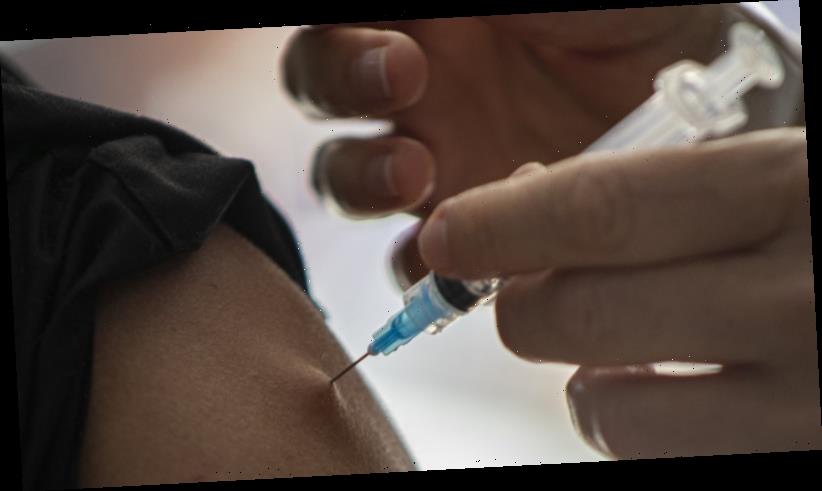The Department of Health and UNICEF Australia have joined forces to increase understanding of COVID-19 vaccines’ safety and effectiveness among culturally and linguistically diverse communities.
UNICEF has vaccinated half the world’s children against preventable diseases and has done work to tackle vaccine misinformation in 190 countries.
The federal government has partnered with UNICEF Australia to help boost vaccine confidence.Credit:AP
Australia’s Chief Medical Officer, Professor Paul Kelly, said vaccines were a critical part of protecting the country from COVID-19, but the next challenge was building vaccine confidence.
“We can buy the vaccines, deliver the vaccines, train health workers in administering vaccines, but all this is pointless if, at the end of the journey, people don’t want to roll up their sleeve,” he said in a speech earlier this week.
The latest Household Impacts of COVID-19 survey from the Australian Bureau of Statistics found in February that three-quarters (73 per cent) of people would get a vaccine when it was recommended for them, and 63 per cent said they would try to get one as soon as it was available.
But one in 10 people said they would not get a vaccine and 17 per cent were unsure, citing concerns about side effects and the vaccines’ effectiveness.
Professor Kelly said the government’s task was to increase the number of people who were happy to be vaccinated.
“Some segments of the Australian population are unsure about the vaccine and receive information from less traditional sources,” he said.
“That’s why it’s so important to spread the message of vaccine confidence with diverse voices.”
He said the Health Department was excited to be able to combine its understanding of vaccine sentiment in Australia with UNICEF’s knowledge to help reach culturally and linguistically diverse communities.
“We know that not all Australians trust the same voices and sources,” Professor Kelly said.
“UNICEF has excellent connections with refugee and migrant communities, which form a critical part of the education campaign.”
UNICEF Australia chief executive Tony Stuart said vaccine education was a shared responsibility. The not-for-profit had been working with governments around the world to reassure and educate communities about COVID-19 vaccines, he said.
“UNICEF Australia is extremely well placed to support the Australian government to get the message out into the community to help provide reassurance that the COVID-19 vaccines are safe, reliable and our best defence against COVID-19,” Mr Stuart said.
The partnership will include ambassadors and high-profile Australians, and a social media “V for vaccinated” campaign to celebrate people getting their vaccines.
Get our Coronavirus Update newsletter
Stay across the news you need to know related to the pandemic. Sent Monday and Thursday. Sign up here.
Most Viewed in Politics
From our partners
Source: Read Full Article

